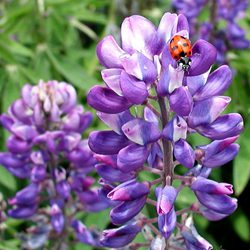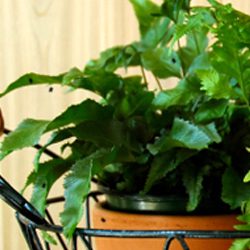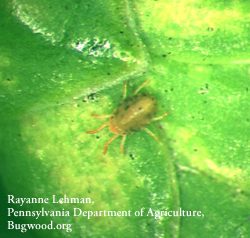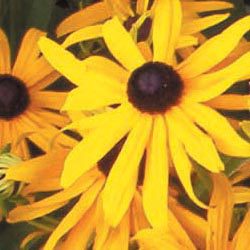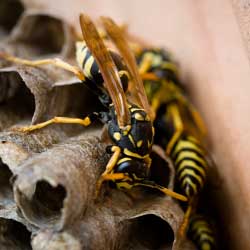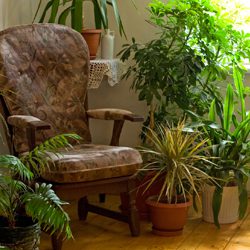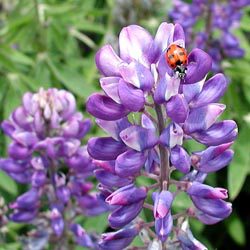The different names given to ladybugs are almost as numerous as the number of species. But bug or beetle, understanding more about these garden guests…
Have you noticed little black gnats flying around your houseplants or outdoor potted plants? These are probably fungus gnats. These can be a serious problem in commercial greenhouses holding thousands of plants but are easily controlled by homeowners.
Spider mites are one of the most common pests in landscapes and gardens and feed on many fruit trees, vines, berries, vegetables, and ornamental plants. These tiny mites are just large enough to be seen with the naked eye, but may just look like tiny, moving dots.
Did you have a crabgrass problem last year? Well, chances are, it’s gonna be even worse this year! Crabgrass is an annual lawn weed that dies…
Every garden requires pollinators, and bees are among the finest. Without them there would be limited flowers and far fewer fruits and vegetables. Did you…
Sometimes it’s difficult to tell good from bad. Take the yellowjacket for example. When you hear yellowjacket, what’s the first thing that comes to mind? A buzzing, stinging insect ruining your outdoor meal or a treasured pollinator of many plants?
It’s vacation time! You’re going to be gone for two weeks or more, your friends, neighbors and family members are all busy and the weatherman says it’s going to be “hot, hot, hot.” What about your houseplants?
One of the most common and easy to recognize plant diseases, powdery mildew, is caused by fungus spores that overwinter in garden debris and are spread by wind the following season. In late spring and early summer, the warmer days and high humidity provide perfect conditions for spore germination.
“Ugly” “disgusting” “gross” and “creepy” are just a few things gardeners say when they see tent caterpillars. Not only are they visually unattractive, but the hundreds of caterpillars within a tent can defoliate a shrub or tree in a matter of days. Fortunately, the attack is seldom fatal.
Did you know that a ladybug can devour up to 50 aphids or more in a day? They also attack scale, mealybugs and leaf hopper, but not on your precious garden plants or seedlings. Invite ladybugs to your garden – they dine only on insects and won’t harm your plants in any way.







